Home>Home Maintenance>How Long Is The Warranty On Home Repairs


Home Maintenance
How Long Is The Warranty On Home Repairs
Modified: October 20, 2024
Discover the length of the warranty on home repairs for your peace of mind. Get expert home maintenance services to ensure your investment is protected.
(Many of the links in this article redirect to a specific reviewed product. Your purchase of these products through affiliate links helps to generate commission for Storables.com, at no extra cost. Learn more)
Introduction
Welcome to the world of home repairs! Whether you’re a new homeowner or have been living in your house for years, home maintenance is an essential part of keeping your property in top shape. From fixing leaky pipes to repairing damaged roofs, home repairs are inevitable. And when it comes to getting those repairs done, it’s important to consider the warranty that comes with the service.
In this article, we will delve into the world of home repair warranties and provide you with a comprehensive guide on how long these warranties typically last. Understanding the duration of home repair warranties can help you make informed decisions when it comes to choosing contractors and dealing with manufacturers. So, let’s explore the ins and outs of home repair warranties!
Key Takeaways:
- Home repair warranties can last from a few months to several years, depending on the type of repair and the quality of materials used. Understanding the coverage and adhering to maintenance requirements are crucial for maximizing warranty benefits.
- Reading the fine print, maintaining proper documentation, and promptly reporting issues are essential for making the most of home repair warranties. Homeowners should also work with qualified professionals and stay informed about their coverage to ensure their warranty remains valid.
Read more: How Long Is Air Conditioner Warranty
Understanding Home Repair Warranties
When you hire a professional for a home repair, it’s crucial to understand the warranty that comes with the service. A warranty is a guarantee, typically provided by the manufacturer or contractor, that protects you from defects or issues with the repair work. It provides you with peace of mind knowing that if something goes wrong, you have recourse to have it fixed without incurring additional costs.
Home repair warranties can vary in terms of coverage, duration, and conditions. Some warranties may cover only specific parts or components, while others may provide comprehensive coverage for the entire repair. It’s essential to carefully read and understand the terms of the warranty before proceeding with any repair work.
There are two primary types of home repair warranties you should be aware of: the manufacturer’s warranty and the contractor’s warranty.
The manufacturer’s warranty is typically offered for repairs that involve the use of specific products or materials. For example, if you’re getting a new water heater installed, the manufacturer may provide a warranty for the tank or other components. This type of warranty covers defects in the product itself and is usually limited to a specific period.
The contractor’s warranty, on the other hand, is offered by the company or individual performing the repairs. It covers the workmanship and installation of the repair, ensuring that it is performed to industry standards. This type of warranty is generally more comprehensive and may have a longer duration than the manufacturer’s warranty.
Understanding the differences between these two types of warranties is important when assessing the coverage and duration of your home repair warranty. It’s also crucial to keep in mind that the terms and conditions of warranties can vary among different contractors and manufacturers.
Now that we have a basic understanding of home repair warranties, let’s explore how long these warranties typically last.
Common Types of Home Repairs
Home repairs come in all shapes and sizes, addressing various issues that can arise in a residential property. To better understand the duration of home repair warranties, it’s essential to have a grasp of the common types of repairs homeowners often encounter. Here are some of the most prevalent types of home repairs:
- Plumbing Repairs: Plumbing issues are common in households, ranging from leaky faucets to clogged drains and burst pipes. Plumbing repairs can involve fixing or replacing pipes, valves, and fixtures to ensure proper functioning and prevent water damage.
- Electrical Repairs: Electrical problems can pose safety hazards and inconvenience in a home. These repairs may include fixing faulty wiring, circuit breakers, outlets, and switches, as well as installing new electrical fixtures and appliances.
- Roof Repairs: A damaged roof can lead to water leaks, structural issues, and mold growth. Roof repairs may involve patching up leaks, replacing shingles or tiles, repairing flashing, or addressing larger structural issues.
- HVAC Repairs: Heating, ventilation, and air conditioning systems play a vital role in maintaining indoor comfort. HVAC repairs may include fixing or replacing malfunctioning equipment, addressing airflow issues, and ensuring proper insulation.
- Foundation Repairs: Foundation issues can wreak havoc on a home’s structure, leading to uneven floors, cracked walls, and doors that won’t close properly. Repairs may involve stabilizing the foundation, fixing cracks, and addressing drainage issues.
- Appliance Repairs: From refrigerators and dishwashers to washers and dryers, appliances can break down and require repair or replacement. These repairs may be covered by warranties provided by the appliance manufacturer.
- Painting and Decorating: Refreshing the interior or exterior of a home with new paint or decorative finishes can improve its aesthetic appeal. Paint and decorating repairs may involve priming, painting, wallpaper installation, and other finishing touches.
These are just a few examples of the most common home repairs. Keep in mind that the duration of home repair warranties can vary depending on the type of repair, the contractor or manufacturer, and any specific terms and conditions outlined in the warranty.
Now that we’ve covered the common types of home repairs, let’s dive into the duration of home repair warranties and what factors can influence their length.
Manufacturer’s Warranty Coverage
When it comes to home repairs, many products and materials used in the process come with their own manufacturer’s warranties. These warranties offer coverage for defects or faults in the product itself and typically have specific terms and conditions that homeowners need to be aware of.
The manufacturer’s warranty coverage can vary depending on the type of product and the company providing the warranty. Here are a few key aspects to consider:
Duration: The duration of a manufacturer’s warranty can range from a few months to several years. For example, a water heater may come with a manufacturer’s warranty of five years, while roofing shingles may have a warranty lasting 25 years. It’s important to check the duration of the warranty to understand how long you’ll be covered for potential defects.
Covered Components: Manufacturer’s warranties typically specify which components or parts of the product are covered. For instance, in the case of a window manufacturer’s warranty, the glass, frames, and seals may be covered, while the hardware (locks, handles) may not. Make sure to read the fine print to understand the extent of coverage provided.
Conditions and Exclusions: Manufacturer’s warranties often come with specific conditions and exclusions that homeowners must follow to maintain coverage. Examples may include proper installation by a certified professional, regular maintenance, and specific use guidelines. It’s essential to adhere to these conditions to ensure your warranty remains valid.
Claim Process: In the event of a product defect or issue, you may need to initiate a warranty claim with the manufacturer. Understanding the claim process, including any required documentation and contact information, is crucial to successfully addressing issues covered by the warranty.
It’s important to note that the manufacturer’s warranty coverage is typically separate from any warranties provided by contractors for the installation or workmanship of the repair. By understanding both types of warranties, you can have better protection and peace of mind when it comes to home repairs.
Now that we’ve covered the manufacturer’s warranty coverage, let’s explore the contractor’s warranty and how it factors into the duration of home repair warranties.
Contractor’s Warranty Coverage
When hiring a contractor for home repairs, it’s essential to understand the warranty provided by the company or individual performing the work. The contractor’s warranty covers the quality of the repair, workmanship, and installation, ensuring that it meets industry standards and is free from defects.
Here are some key points to consider when it comes to the contractor’s warranty coverage:
Scope of Coverage: The contractor’s warranty typically covers the specific repair work that was performed. It ensures that the repair will function as intended and is free from defects or issues resulting from the installation process. This coverage may include both labor and materials.
Duration: The duration of the contractor’s warranty can vary depending on the contractor and the type of repair. It is common to see warranties ranging from six months to a few years. For example, a roofing contractor may offer a warranty of two years for their workmanship and installation.
Terms and Conditions: Like any warranty, the contractor’s warranty comes with specific terms and conditions that homeowners need to understand. These may include restrictions on the use of the repaired area, guidelines for regular maintenance, and requirements for reporting any issues promptly.
Claim Process: If you encounter any problems or issues covered by the contractor’s warranty, you’ll need to follow the proper claim process outlined by the contractor. This may involve contacting the company, providing documentation or evidence of the issue, and scheduling a follow-up inspection or repair.
It’s important to note that the contractor’s warranty is typically separate from any manufacturer’s warranties that may cover specific products or materials used in the repair. While the manufacturer’s warranty focuses on the product itself, the contractor’s warranty ensures the proper installation and quality of the repair work.
When hiring a contractor for your home repairs, it’s crucial to ask about their warranty coverage. Understanding the duration and terms of the contractor’s warranty will give you confidence in the quality of the work and provide recourse if any issues arise.
Now that we’ve covered both the manufacturer’s and contractor’s warranty coverage, let’s explore how long home repair warranties typically last and what factors can influence their duration.
Read more: How Long Is A Roof Warranty
Duration of Home Repair Warranties
The duration of home repair warranties can vary depending on several factors, including the type of repair, the contractor’s or manufacturer’s policies, and any specific terms and conditions outlined in the warranty agreement. While there is no standard duration for home repair warranties, certain patterns can be observed in different industries and types of repairs.
Generally, the duration of home repair warranties can range from a few months to several years. Here are some common examples:
- Minor Repairs: For minor repairs that involve simple fixes or adjustments, such as fixing a leaky faucet or replacing a light fixture, warranties are often shorter in duration. These repairs may have warranties that last anywhere from 30 days to six months.
- Moderate Repairs: Repairs that involve a higher level of complexity, such as plumbing or electrical repairs, may have warranties that range from one to three years. These repairs often require more specialized skills and involve more significant costs, hence the longer warranties.
- Major Repairs: Major repairs that involve structural elements, such as foundation repairs or roof replacements, often come with longer warranties. These warranties can range from five to twenty-five years, depending on the type of repair and the materials used.
- Manufacturers’ Warranties: The duration of manufacturers’ warranties can vary widely, depending on the product and the company. Appliances, HVAC systems, and roofing materials may have warranties that last from a few years to a couple of decades.
It’s important to note that some warranties may have different durations for different components or aspects of the repair. For example, a roofing warranty may have different lengths of coverage for the shingles, underlayment, and flashing. Therefore, it’s crucial to carefully read the warranty agreement to understand the specific coverage and duration for each component of the repair.
Factors such as the quality of materials used, the reputation of the contractor or manufacturer, and the specific terms outlined in the warranty can influence the duration of home repair warranties. Additionally, some warranties may offer the option to extend the coverage for an additional cost, allowing homeowners to further protect their investment.
Now that we understand the typical duration of home repair warranties, let’s explore the factors that can influence the length of these warranties.
Check your home repair contract for the warranty length. Typically, warranties for home repairs can range from 1-10 years, depending on the type of repair and the contractor.
Factors Influencing Warranty Length
The length of a home repair warranty can be influenced by several factors. Understanding these factors can help homeowners make informed decisions when it comes to choosing contractors and manufacturers for their repair needs. Here are some key factors that can influence the duration of a warranty:
Type of Repair: The type of repair being performed can play a role in determining the length of the warranty. Minor repairs, such as fixing a leaky faucet, may have shorter warranties compared to major repairs like replacing a roof. The complexity and potential for future issues can impact the length of the warranty.
Quality of Materials: The quality of materials used in the repair can also influence the warranty length. Higher-quality materials often come with longer warranties, as they are expected to last longer and perform better. Manufacturers confident in the durability of their products are more likely to offer extended warranty coverage.
Contractor’s Reputation: The reputation of the contractor or company performing the repair can be a determining factor in the warranty length. Established and reputable contractors with a history of high-quality work may offer longer warranties to showcase their confidence in their craftsmanship. On the other hand, less experienced or unreliable contractors may provide shorter warranties.
Industry Standards: The length of warranties can also be influenced by industry standards. Certain types of repairs, such as roofing or HVAC installations, may have standard warranty durations that are widely accepted within the industry. This ensures consistency and helps homeowners compare different contractors and manufacturers.
Specific Terms and Conditions: The specific terms and conditions outlined in the warranty agreement can heavily impact the duration of the warranty. These conditions may include requirements for regular maintenance, proper installation, and limitations on certain types of damage. Understanding and adhering to these terms is crucial to maintain the validity of the warranty.
Extended Warranty Options: Some contractors or manufacturers may offer extended warranty options for an additional fee. These extended warranties can provide homeowners with longer protection and coverage beyond the standard warranty duration. This option allows homeowners to have added peace of mind and may be worth considering for certain types of repairs.
It’s important to thoroughly review warranty documents and understand the factors influencing the length of the warranty before proceeding with any home repairs. By considering these factors, homeowners can make informed decisions and have realistic expectations regarding the duration and coverage of their repair warranties.
Now that we understand the factors that can influence warranty length, let’s discuss the importance of reading the fine print in warranty agreements.
Importance of Reading the Fine Print
When it comes to home repair warranties, reading the fine print is of utmost importance. The fine print contains crucial details and specific terms and conditions that homeowners need to be aware of before proceeding with any repairs. Here’s why reading the fine print is so essential:
Understanding Coverage: The fine print provides detailed information on what is covered and what is not covered by the warranty. It outlines the specific components, parts, or aspects of the repair that are included in the warranty, as well as any limitations or exclusions. By understanding the coverage, homeowners can have clear expectations and avoid misunderstandings.
Knowing Warranty Duration: The fine print specifies the duration of the warranty, including any differentiation in length for different components or aspects of the repair. It’s crucial to know how long the warranty lasts to ensure that any potential issues are addressed within the warranty period.
Understanding Terms and Conditions: The fine print contains the terms and conditions that homeowners must adhere to in order to maintain the warranty’s validity. This may include requirements for regular maintenance, proper use of the repaired area, and specific reporting procedures for issues. By understanding and following these terms, homeowners can prevent any unintentional voiding of the warranty.
Avoiding Unpleasant Surprises: Reading the fine print allows homeowners to avoid unpleasant surprises. It helps uncover any hidden clauses, limitations, or fees that may not be immediately apparent in the warranty. By being aware of these details upfront, homeowners can make informed decisions and plan accordingly.
Clarifying Dispute Resolution: The fine print often includes information on how disputes or claims are resolved in the case of warranty issues. It outlines the process, required documentation, and any applicable deadlines. By understanding this information beforehand, homeowners can navigate any potential conflicts with clarity and confidence.
Reading the fine print may seem time-consuming, but it is a vital step in ensuring that homeowners fully understand the warranty coverage and its terms. It empowers homeowners to make informed decisions, know their rights and responsibilities, and avoid any unwelcome surprises down the line.
Now that we recognize the importance of reading the fine print, let’s explore options for extending home repair warranties.
Extending Home Repair Warranties
In some cases, homeowners may have the option to extend their home repair warranties beyond the standard duration. Extending the warranty provides an additional layer of protection and peace of mind. Here are a few options for extending home repair warranties:
Contractor’s Extended Warranty: Some contractors offer extended warranty options for their repair work. These extended warranties may come at an additional cost but can provide homeowners with longer protection and coverage. It’s important to inquire about the availability and terms of the extended warranty before finalizing the contract with the contractor.
Manufacturer’s Extended Warranty: In certain cases, manufacturers offer the option to extend the warranty for their products. This is typically available for appliances, HVAC systems, and other items that come with a manufacturer’s warranty. Homeowners can often purchase extended warranty coverage directly from the manufacturer or through authorized dealers.
Third-Party Warranty Providers: There are also third-party companies that specialize in offering extended warranties for home repairs. These companies may cover a range of repairs, from plumbing and electrical work to roofing and HVAC systems. Homeowners can research and compare different third-party warranty providers to find the best coverage and terms.
Before deciding to extend a home repair warranty, it’s crucial to carefully evaluate the cost and benefits. Consider factors such as the reliability of the contractor or manufacturer, the likelihood of needing repairs in the extended period, and the overall value of the extended warranty in relation to the cost.
When considering an extended warranty, it’s important to review the terms and conditions to understand what is covered, any limitations or exclusions, and the process for filing a claim. Additionally, homeowners should be aware of any additional fees or deductibles associated with the extended warranty.
Extending a home repair warranty can provide homeowners with an extended period of protection and potential cost savings in case of future repairs. It’s a personal decision that depends on individual circumstances and preferences. By weighing the options and thoroughly understanding the terms, homeowners can make an informed choice regarding extending their home repair warranties.
Now that we’ve explored options for extending home repair warranties, let’s discuss how homeowners can make the most of their warranty coverage.
Read more: How Long Are Mattress Warranties
Making the Most of Your Home Repair Warranty
Having a home repair warranty is valuable, but it’s equally important to know how to make the most of it. Here are some tips to ensure you maximize your warranty coverage:
Read and Understand the Warranty: Start by thoroughly reading and understanding the details of your warranty. Be aware of what is covered, the duration of the warranty, any specific terms and conditions, and the process for filing a claim. Understanding the warranty from the outset will prevent any confusion or surprises later.
Maintain Proper Documentation: Keep all documentation related to the repair and warranty. This includes contracts, receipts, warranty certificates, and any other relevant paperwork. Proper documentation will make filing a claim easier and provide evidence of your warranty coverage.
Adhere to Maintenance Requirements: Many warranties require regular maintenance to remain valid. Follow the manufacturer’s or contractor’s recommended maintenance guidelines to ensure that your warranty coverage is not voided. This may include tasks such as annual inspections, filter replacements, or cleaning procedures.
Report Issues Promptly: If you encounter any issues covered by the warranty, report them to the contractor or manufacturer as soon as possible. Delaying the reporting of a problem could potentially lead to claim denial or additional damage that may not be covered by the warranty.
Work with Qualified Professionals: When repairs or maintenance are needed, ensure that they are performed by qualified professionals. Hiring reputable contractors and using approved replacement parts can help maintain the validity of your warranty and ensure that repairs are done to industry standards.
Keep a Detailed Record: Make note of any repairs, maintenance, or interactions related to your warranty. This record can be useful for reference purposes and as proof of your efforts to address issues covered by the warranty.
Follow Claim Procedures: If you need to file a warranty claim, carefully follow the procedures outlined in the warranty agreement. Provide all necessary documentation and follow the designated channels for communication. Prompt and accurate claim filing will help expedite the resolution process.
Stay Informed about Your Coverage: Keep track of the expiration date of your warranty and any potential extended warranty options. Staying informed about your coverage allows you to plan and take advantage of warranty benefits before they expire.
By following these tips, you can ensure that you are making the most of your home repair warranty. It will give you peace of mind knowing that you are fully utilizing the coverage and protection provided by the warranty.
Now that we’ve covered how to make the most of your home repair warranty, let’s conclude our guide on the duration of home repair warranties.
Conclusion
Home repair warranties play a crucial role in protecting homeowners from defects and issues that may arise from repair work. By understanding the duration and coverage of these warranties, homeowners can make informed decisions and have peace of mind when it comes to their property maintenance.
In this comprehensive guide, we have explored the different types of home repair warranties, including manufacturer’s warranties and contractor’s warranties. We have also discussed common types of home repairs and factors that can influence the length of warranties. Additionally, we emphasized the importance of reading the fine print, extending warranty coverage, and making the most of your warranty.
When it comes to home repair warranties, it’s essential to carefully review the terms and conditions, understand the coverage provided, and adhere to any maintenance requirements. By doing so, homeowners can ensure that their warranty remains valid and that any potential issues are promptly addressed.
Remember to maintain proper documentation, report issues to the contractor or manufacturer in a timely manner, and work with qualified professionals for repairs and maintenance. Staying informed about your coverage and following the claim procedures will also help you maximize the benefits of your warranty.
Ultimately, home repair warranties offer homeowners a valuable layer of protection and peace of mind. Whether it’s a minor plumbing repair or a major roof replacement, understanding the duration of your warranty and knowing how to make the most of it is essential for the long-term well-being of your home.
So, next time you find yourself in need of a home repair, take the time to explore your warranty options, ask questions, and make educated choices. Remember, a well-informed homeowner is better equipped to handle repairs and protect their investment.
Now, armed with the knowledge from this guide, you can confidently navigate the world of home repair warranties and ensure that your home remains in excellent condition for years to come.
Frequently Asked Questions about How Long Is The Warranty On Home Repairs
Was this page helpful?
At Storables.com, we guarantee accurate and reliable information. Our content, validated by Expert Board Contributors, is crafted following stringent Editorial Policies. We're committed to providing you with well-researched, expert-backed insights for all your informational needs.


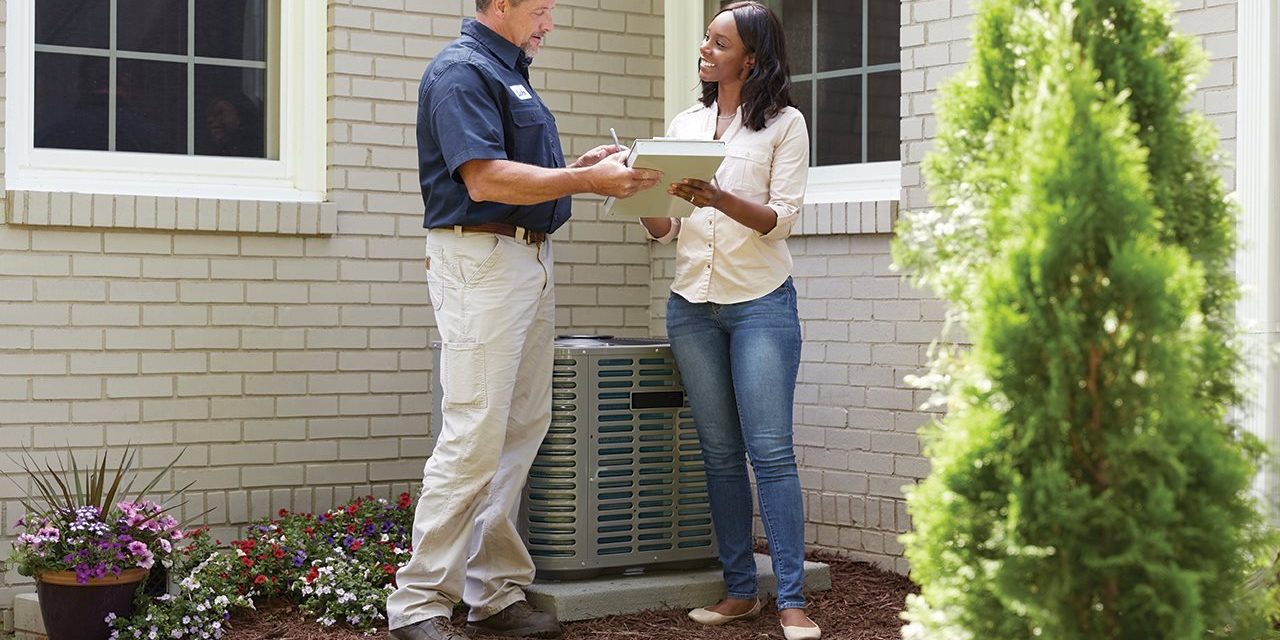
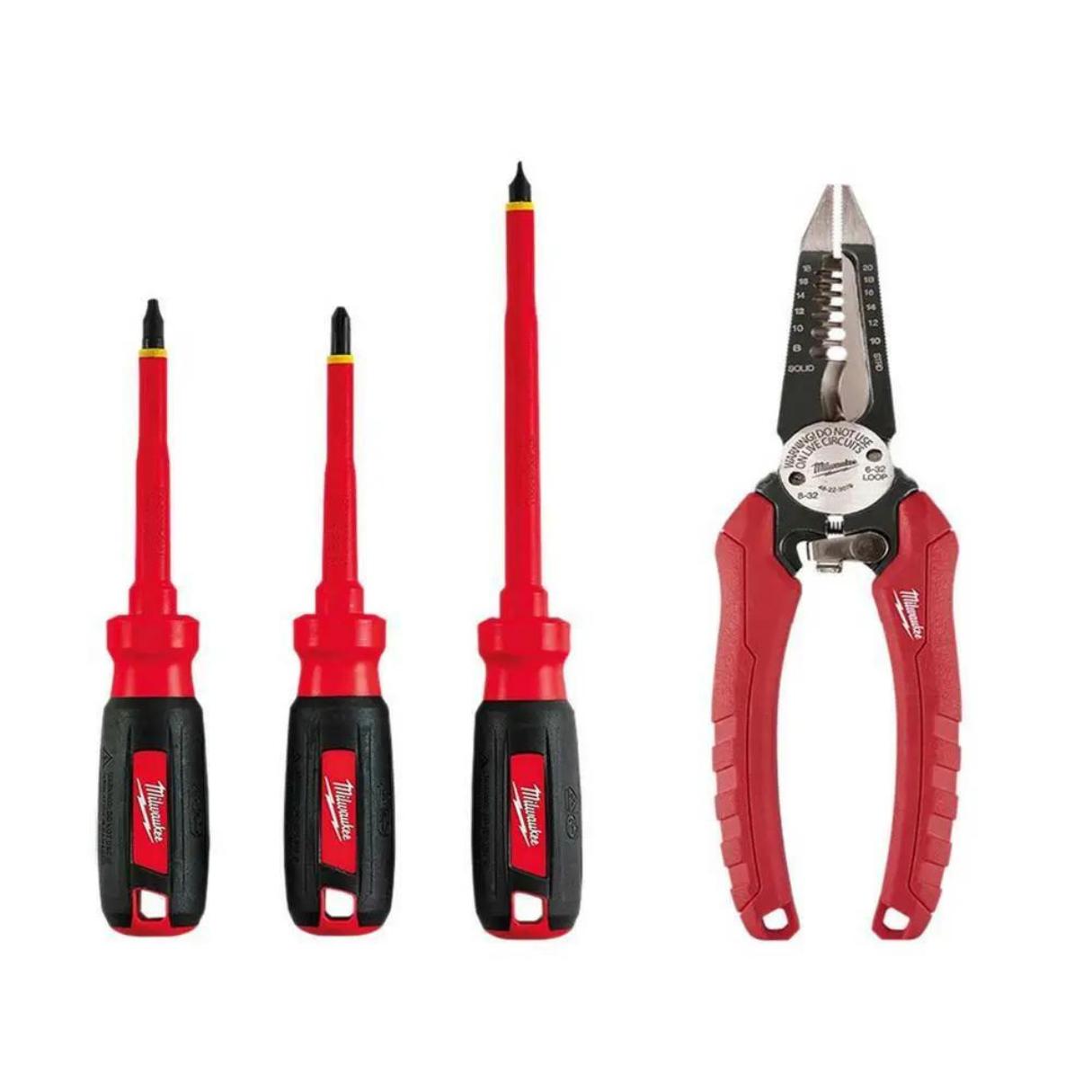


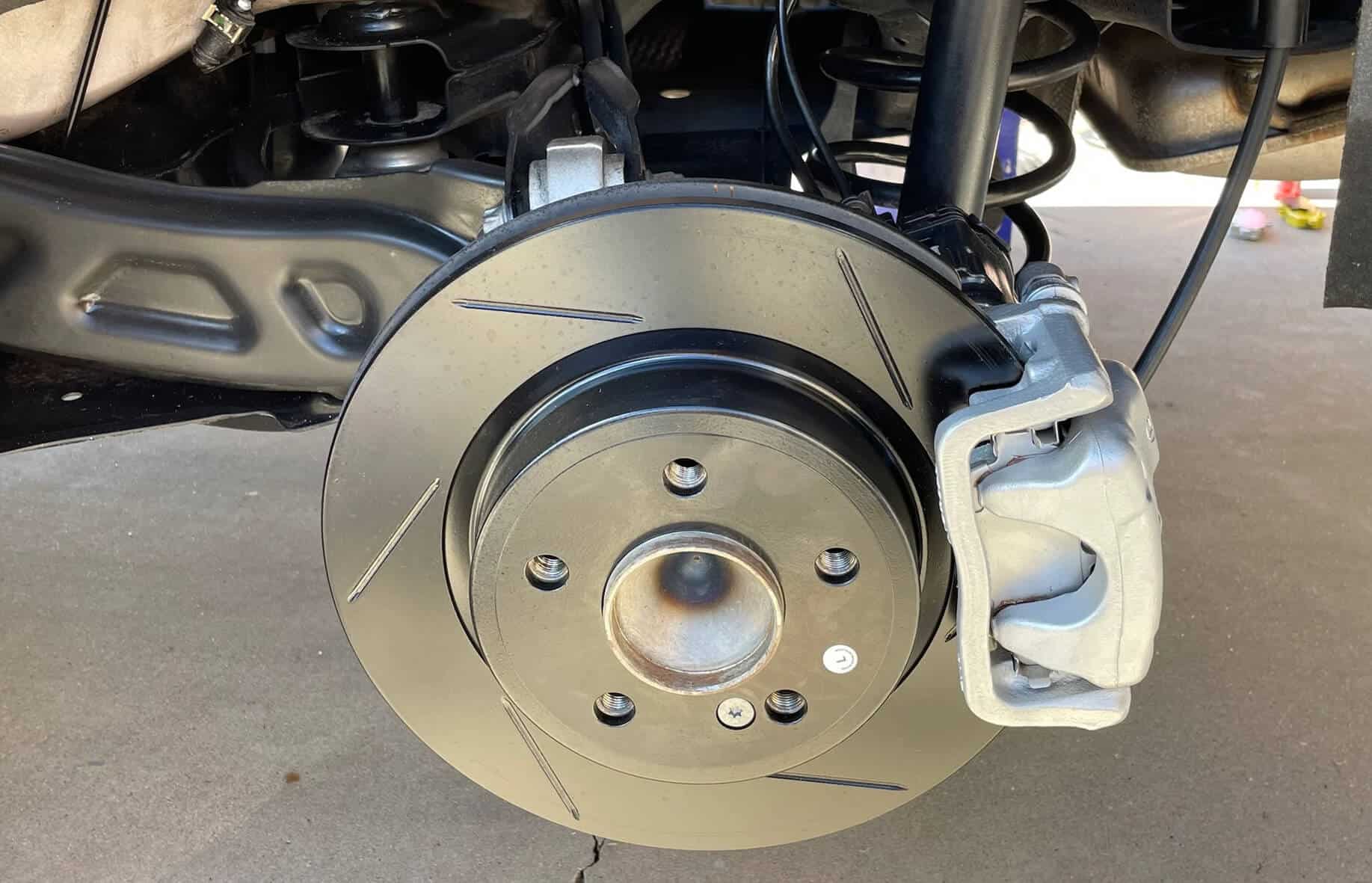

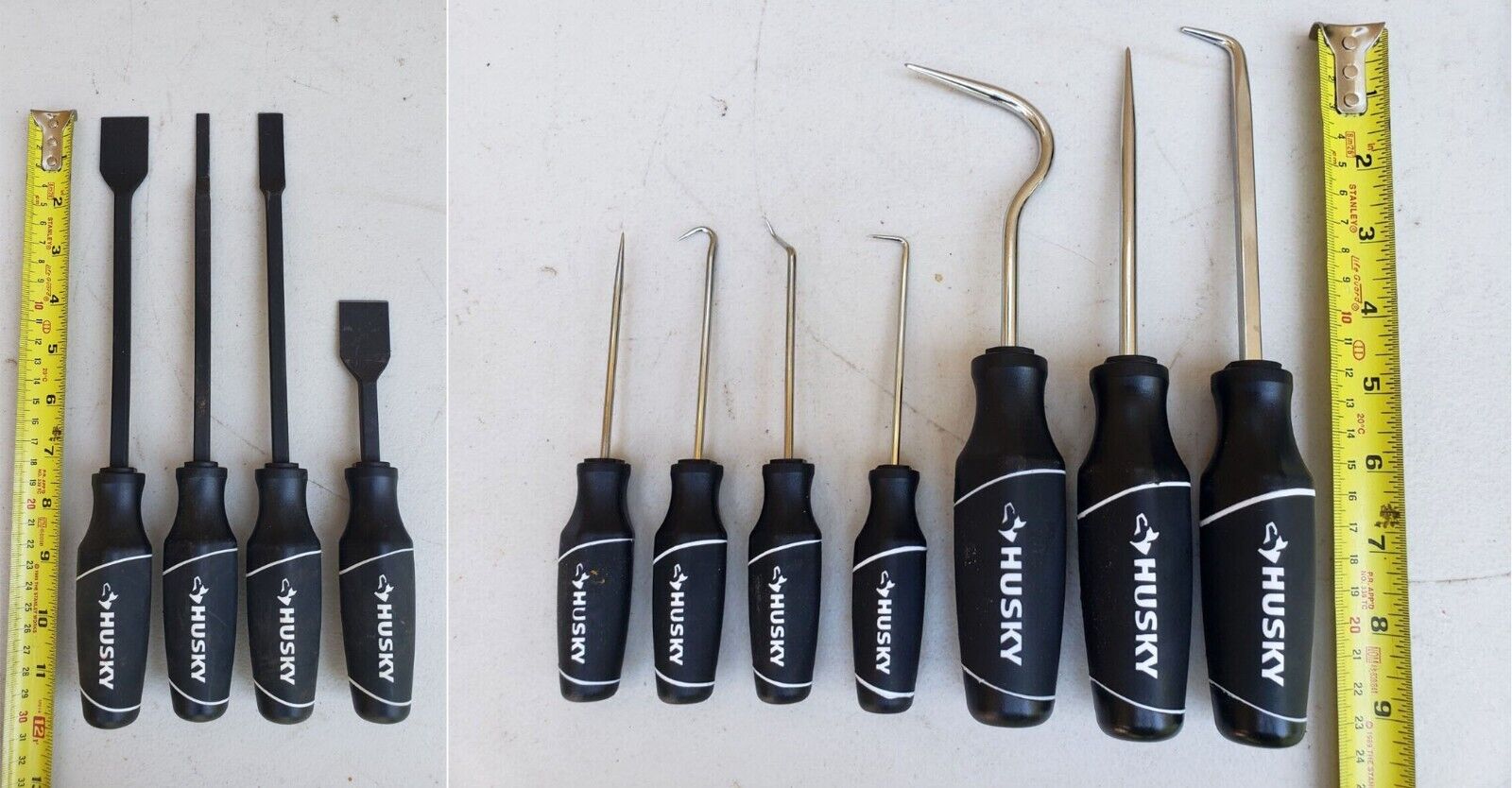
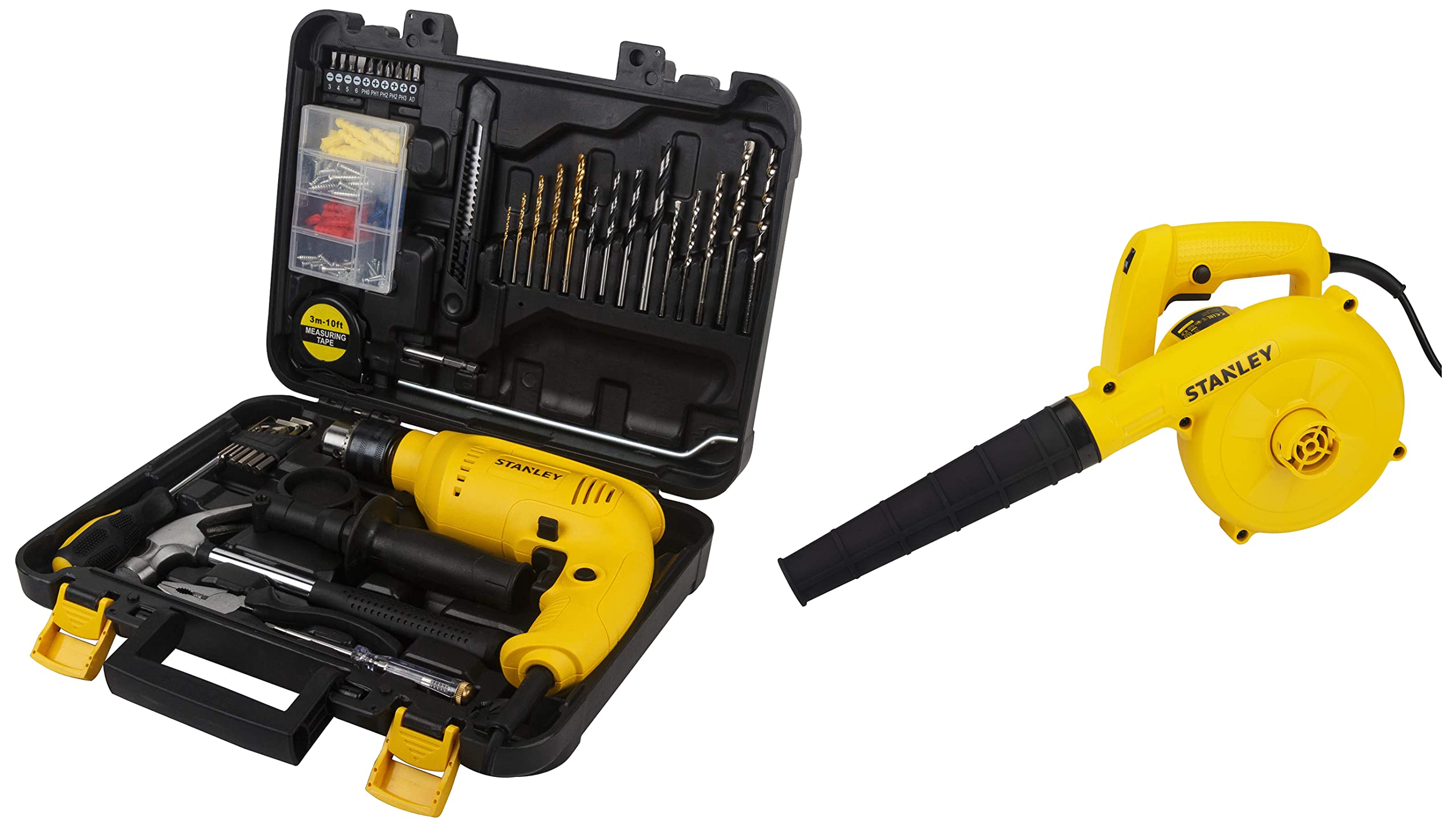
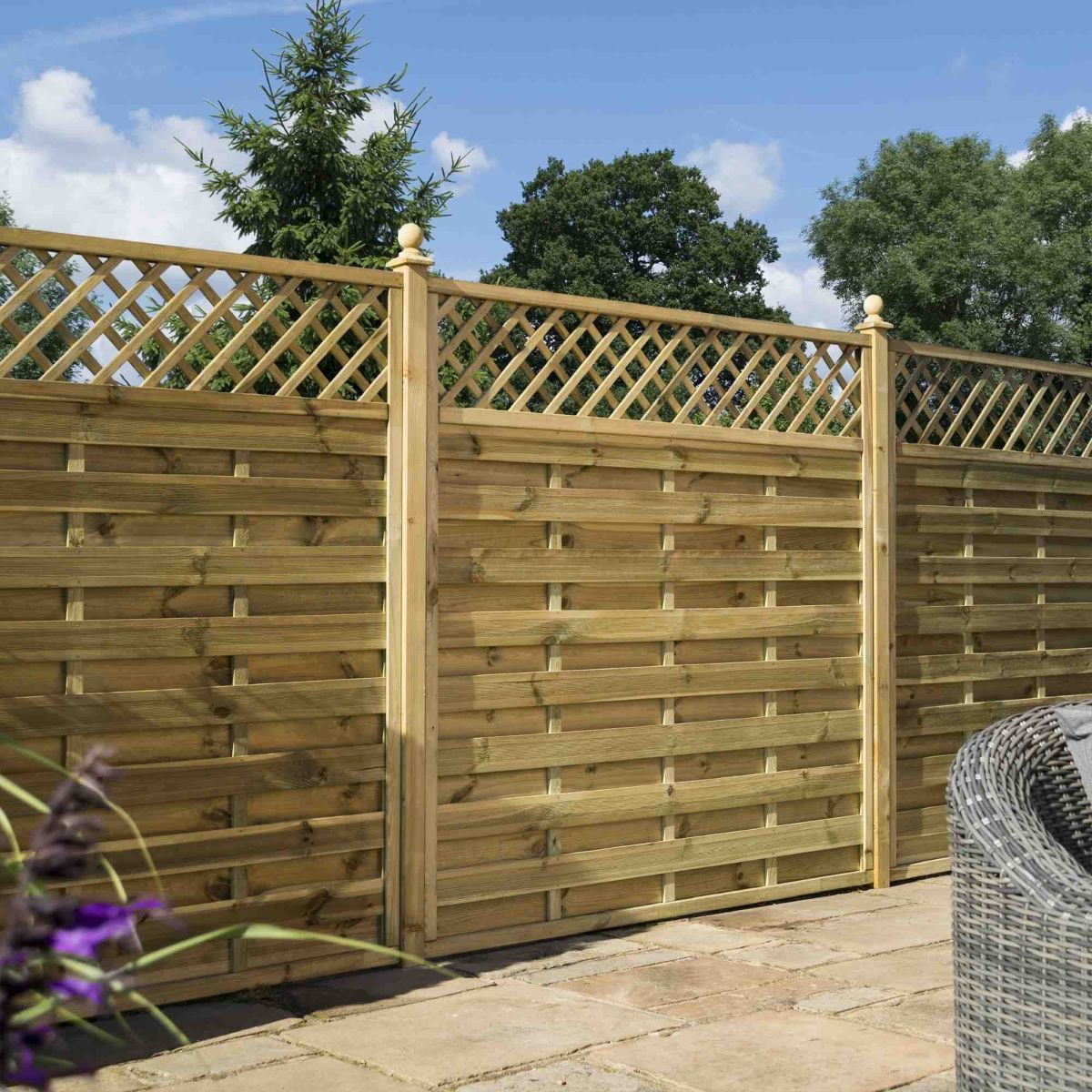
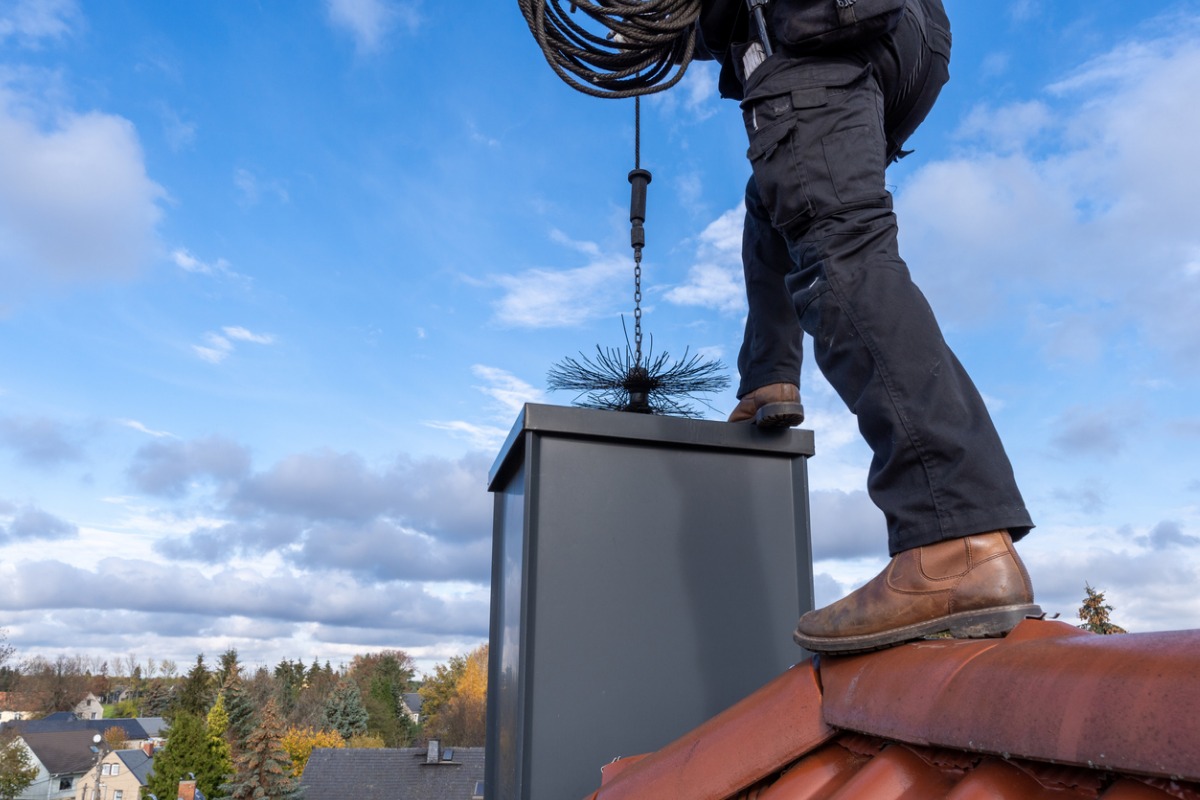
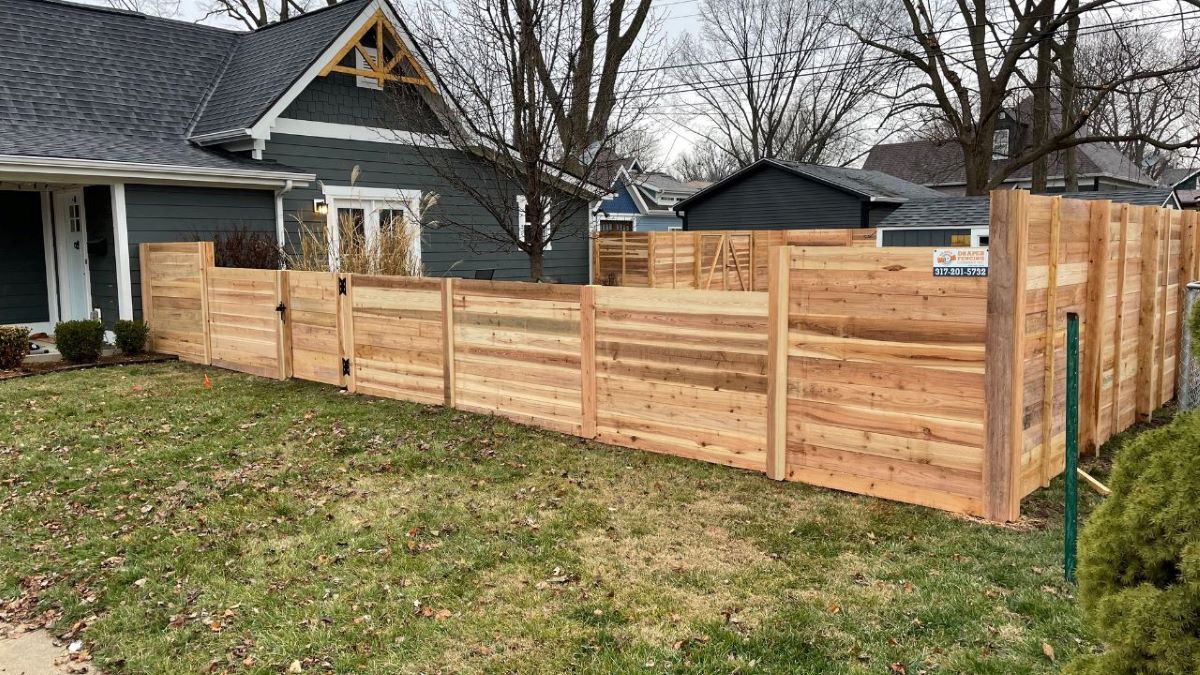

0 thoughts on “How Long Is The Warranty On Home Repairs”